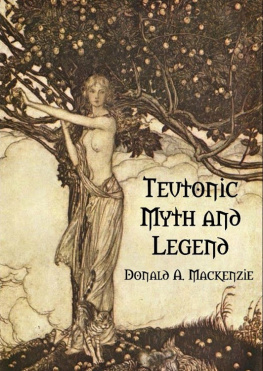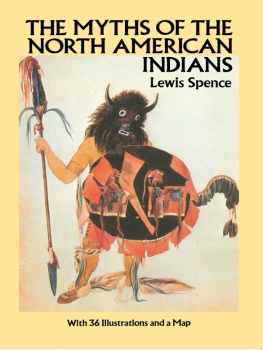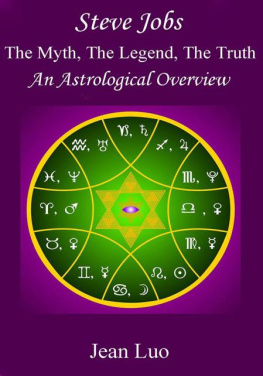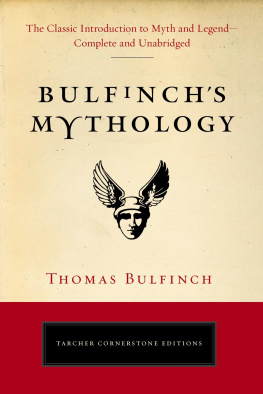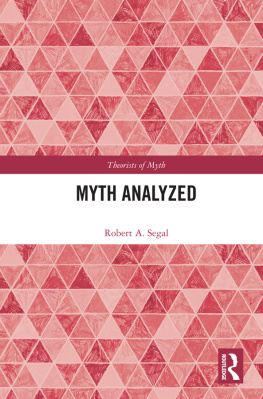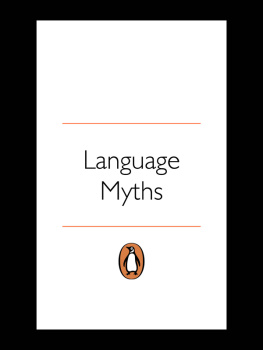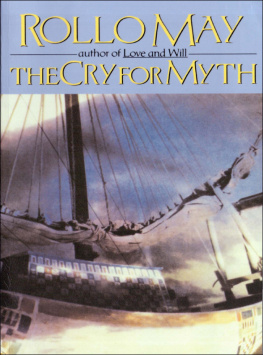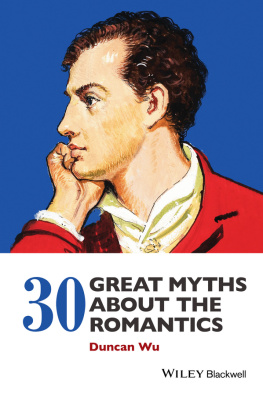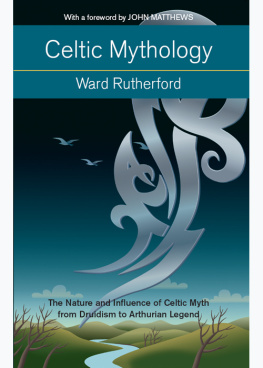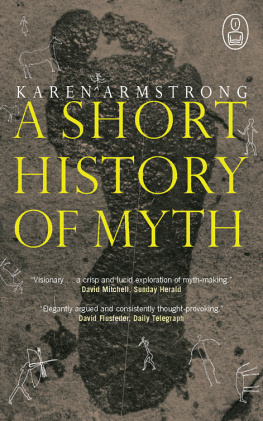TEUTONIC MYTH AND LEGEND
by DONALD A. MACKENZIE
An Introduction to the Eddas & Sagas, Beowulf, The Nibelungenlied, etc.
London, Gresham Publications

p. vii
PREFACE
This volume deals with the myths and legends of the Teutonic peoples--Norsemen, Goths, Vandals, Burgundians, Franks, Angles, Saxons, and all the other Germanic tribes whose descendants now occupy England, Northern France, Switzerland, Belgium, Holland, Germany, Denmark, Sweden, Norway and Iceland. The volume might have been called Northern European Myth and Legend. It is the body of folk tales, epics and religious beliefs which all Anglo-Saxons have inherited directly from their ancestors, and find most deeply embedded in every-day words and thoughts such as names for the days of the week, names recalling the gods and goddesses of our forefathers.
In France and Switzerland--after the Roman conquest--the folk lays were influenced by the higher and milder civilization which prevailed. Where the Roman influence extended the tribal songs were welded into detailed narratives, and each had for a central figure a popular hero like Dietrich of Bern.
A similar process subsequently prevailed in the north. Thus originated the "saga cycles," distributed over a wide area by wandering minstrels, who altered and adapted them to meet the requirements of time and locality. The highest literary development occurred when educated poets made still freer use of the subject matter of tribal lays and produced epic narratives which were not sung, but recited before cultured
p. viii
audiences. These were later revised and committed to manuscripts for reading. To this class belong two of outstanding merit--the German Nibelungenlied and the distinctive Anglo-Saxon Beowulf .
In the following pages our readers are afforded a comprehensive survey of the divine and heroic literature of Northern Europe. The drama of Norse myth has been reconstructed, so far as possible, in continuous narrative form, with the inclusion of the old Svipdag myth, which exercised so marked an influence on Middle Age romance. We have grouped together the various adventurous journeys made by heroes to Hela, so that our readers may be familiarized with our ancestors' conceptions of the Other World. The prose renderings of heroic narratives include the Beowulf epic, the Balder-Hother romance, the Hamlet legend, the saga of the Volsungs, and the less familiar Dietrich legends, in which the deeds of the primitive Thor are attached to the memory of the Gothic Emperor of Rome.
The folk tales and folk beliefs of Northern Europe have not a few points of contact with those of Scotland, Wales, Ireland and Brittany. We have therefore dealt in our Introduction with the archaic giant lore of Scotland, which links with that of Cornwall, and drawn attention to the "Seven Sleepers" legends of the Highlands which have hitherto been overlooked. Some of the striking resemblances must be traced to remoter influences than those prevailing in the Viking Age. Both Celts and Teutons were blends of the same ancient races--the Alpine "broad heads" and the Northern "long heads." They had therefore a common heritage of beliefs. But Teutonic lore is mainly "father-kin" in character, while Celtic is mainly "mother-kin." The deities of the north are
p. ix
controlled by a Great Father and their elves by a King. The deities of the Celts are children of a Great Mother and their fairies are ruled over by a Queen.
In the Anglo-Saxon epic, Beowulf , the story regarding Grendel and his mother is of special interest in this connection because it is "mother-kin" lore of Celtic character. The inference is that the poet who gave the epic its final shape in England had a Celtic mother, or at any rate, came under the influence of Celtic ideas. Like Shakespeare, who utilized old plays, he may have re-fashioned an earlier Anglian poem, appropriated its geographical setting and infused the whole with the fire of his genius.
CONTENTS
INTRODUCTION |
I. | STORY OF CREATION |
II. | THE NINE WORLDS |
III. | THE DEEDS OF ODIN |
IV. | HOW EVIL ENTERED ASGARD |
V. | THE WINTER WAR |
VI. | TRIUMPH OF LOVE |
VII. | THE LOST SWORD OF VICTORY |
VIII. | FALL OF ASGARD |
IX. | THE GODS RECONCILED |
X. | LOKE'S EVIL PROGENY |
XI. | THOR'S GREAT FISHING |
XII. | THE CITY OF ENCHANTMENTS |
XIII. | THOR IN PERIL |
XIV. | THE GREAT STONE GIANT |
XV. | BALDER THE BEAUTIFUL |
XVI. | THE BINDING OF LORE |
XVII. | THE DUSK OF THE GODS |
XVIII. | THE COMING OF BEOWULF |
XIX. | CONFLICT WITH DEMONS |
XX. | BEOWULF AND THE DRAGON |
XXI. | HOTHER AND BALDER |
XXII. | THE TRADITIONAL HAMLET |
XXIII. | HAMLET'S STORM-MILL |
XXIV. | LAND OF THE NOT-DEAD AND MANY MARVELS |
XXV. | THE DOOM OF THE VOLSUNGS |
XXVI. | HOW SIGMUND WAS AVENGED |
XXVII. | HELGI HUNDINGSBANE |
XXVIII. | SIGURD THE DRAGON SLAYER |
XXIX. | BRYNHILD AND GUDRUN |
XXX. | THE LAST OF THE VOLSUNGS |
XXXI. | GUDRUN'S VENGEANCE |
XXXII. | SIEGFRIED AND THE NIBELUNGS |
XXXIII. | THE PROMISE OF KRIEMHILD |
XXXIV. | HOW BRUNHILD AND KRIEMHILD WERE WON |
XXXV. | THE BETRAYAL OF SIEGFRIED |
XXXVI. | THE NIBELUNGEN TRAGEDY |
XXXVII. | DIETRICH OF BERN |
XXXVIII. | THE LAND OF GIANTS |
XXXIX. | THE WONDERFUL ROSE GARDEN |
XL. | VIRGINAL, QUEEN OF THE MOUNTAINS |
XLI. | DIETRICH IN EXILE |
XLII. | THE KING'S HOMECOMING |
INDEX |
p. xvii
INTRODUCTION
"Teutonic Myth and Legend" applies to the ancient religious conceptions and traditional tales of the "non-Celtic" northern peoples, whom Continental scholars prefer to call "Germanic" in the widest sense of the term. The myths varied in different districts and at different periods. It is doubtful if there ever was in any particular age complete uniformity of religious belief over a wide area of separated States. In fact, there are indications that sects and creeds were at least as numerous among Teutonic peoples in early times as at the present day. Stories repeated orally were also subject to change; they were influenced by popular taste, and rendered more effective by the introduction of local colouring.
Teutonic Mythology survives in its most concrete form in Scandinavian literature. On that account it has to be considered from the northern point of view, although much of it is clearly not of northern origin. Our principal sources of knowledge of this great Pagan religious system are the two Eddas of Iceland.

